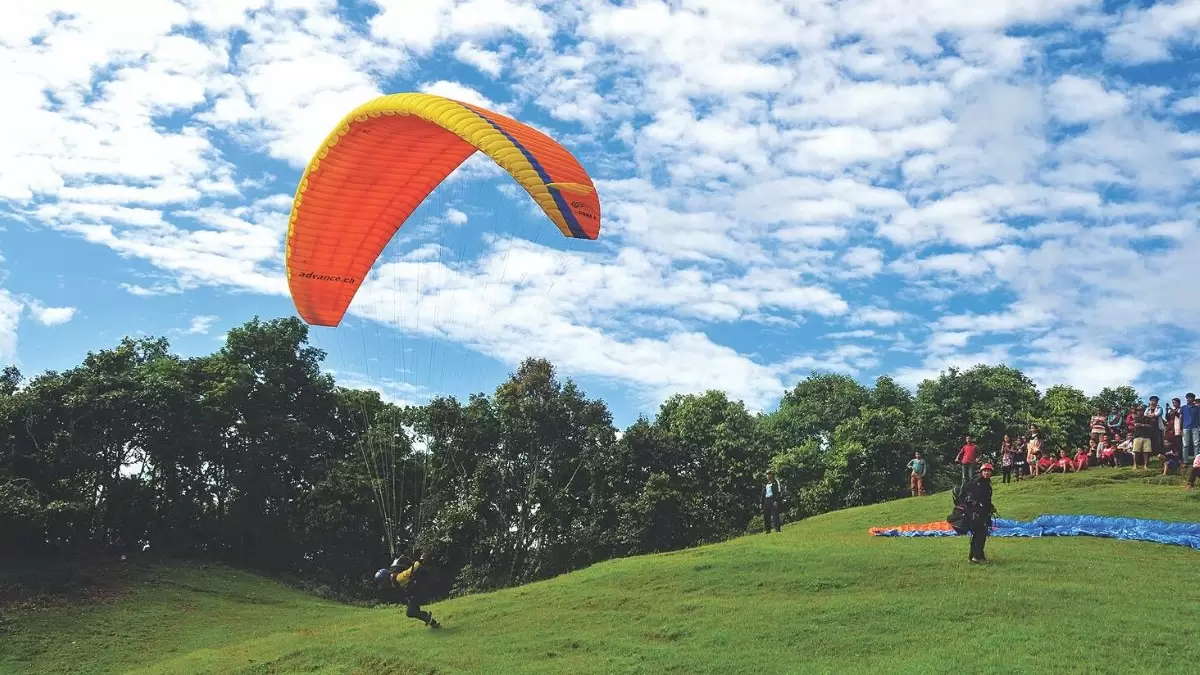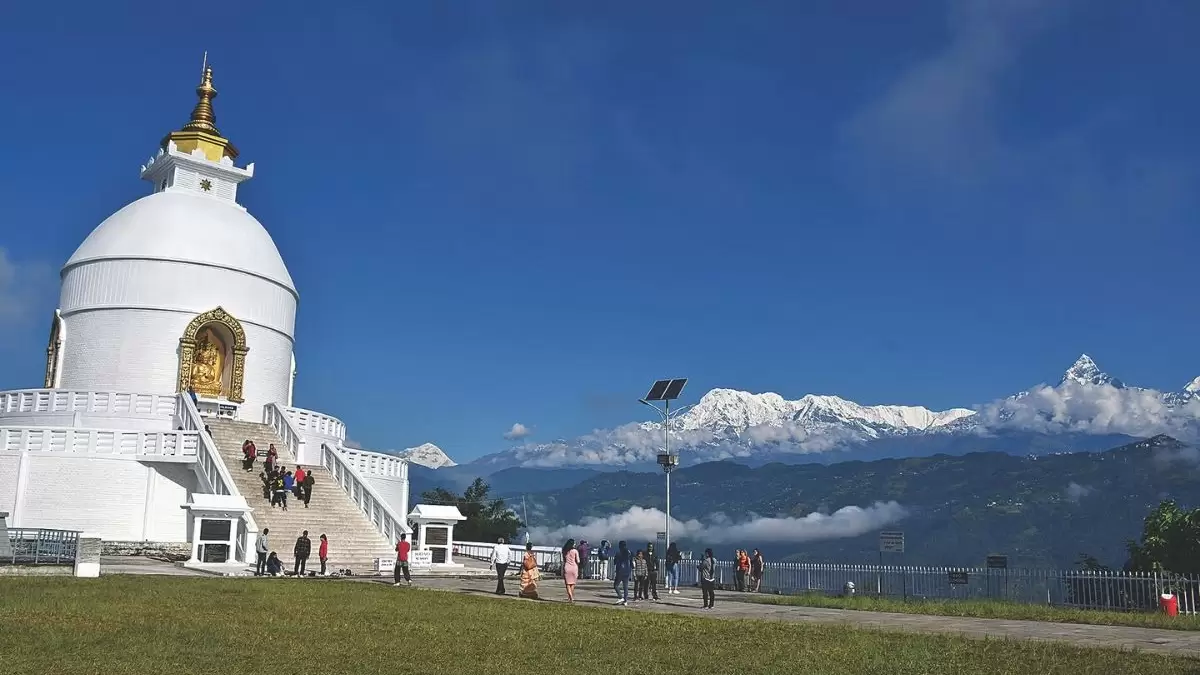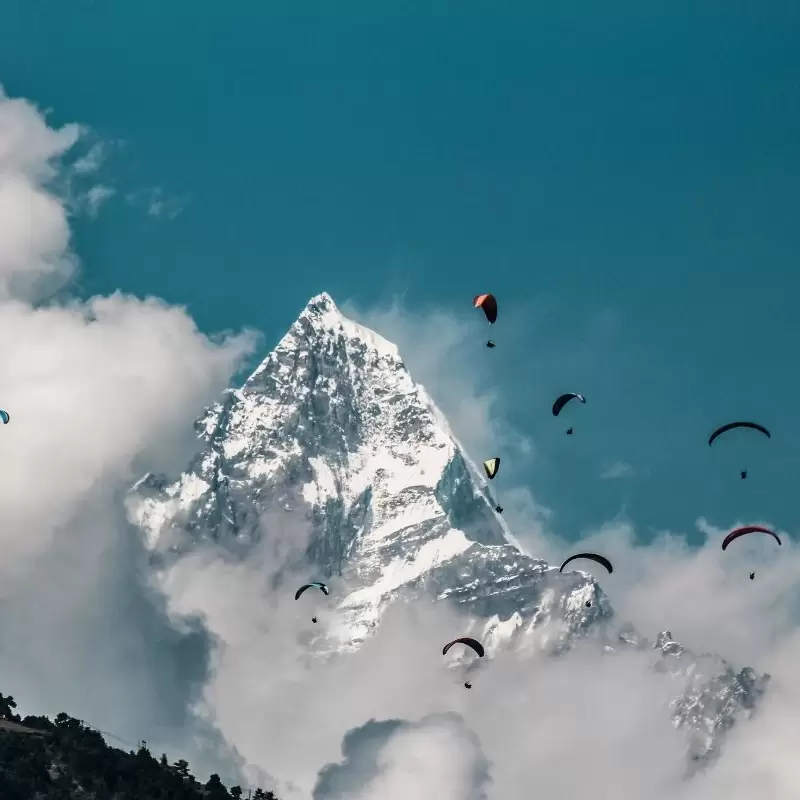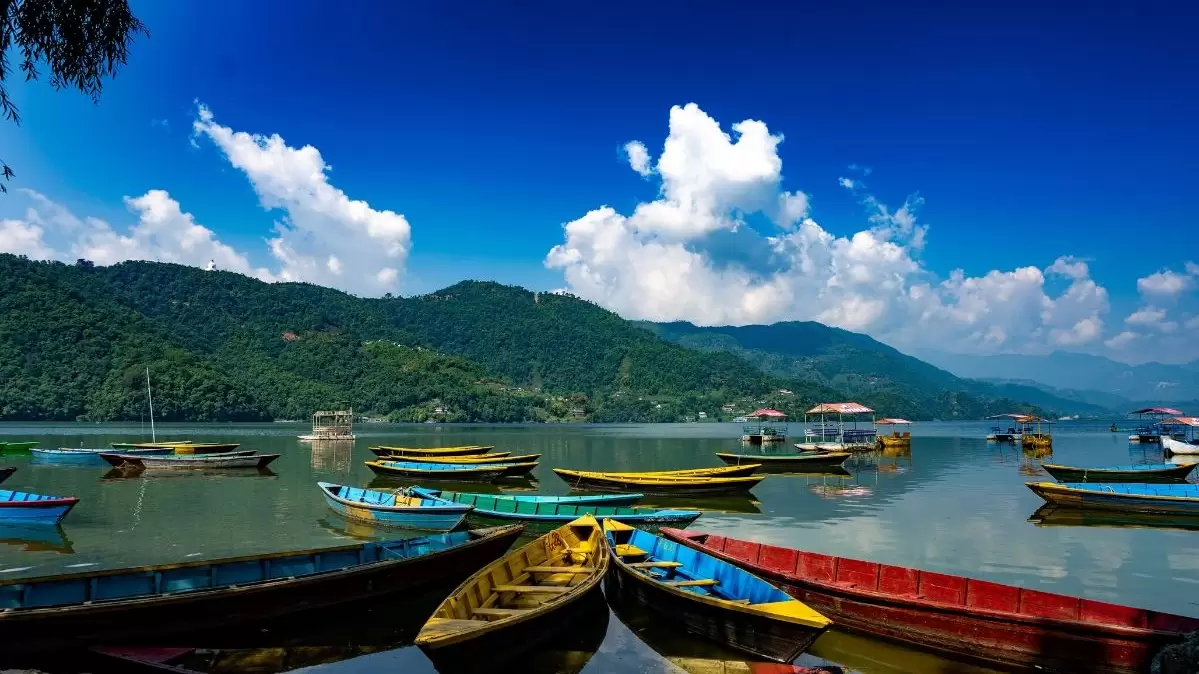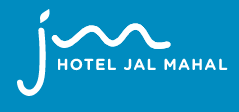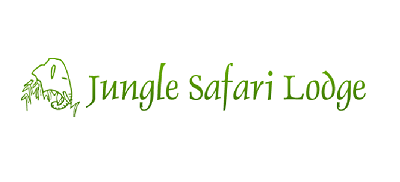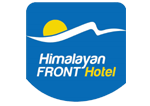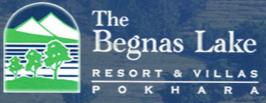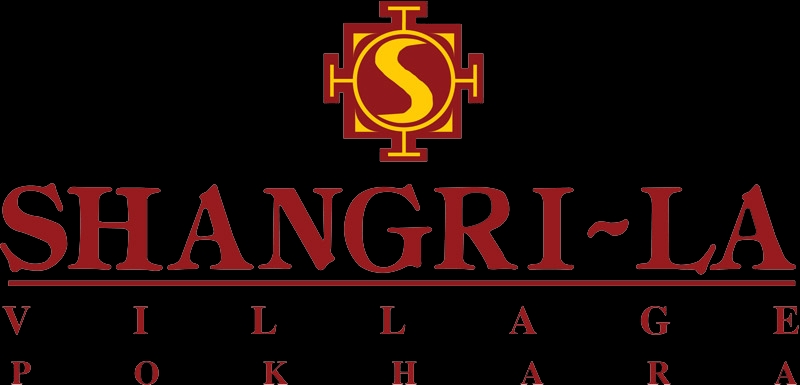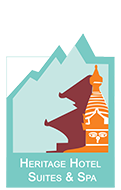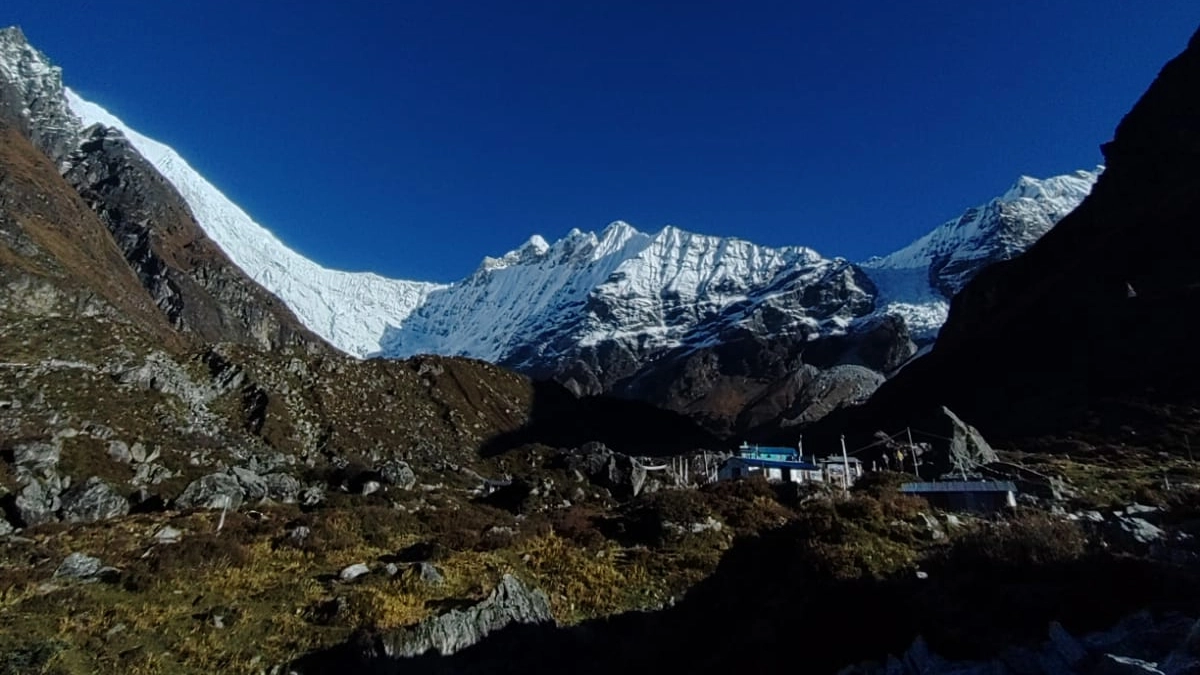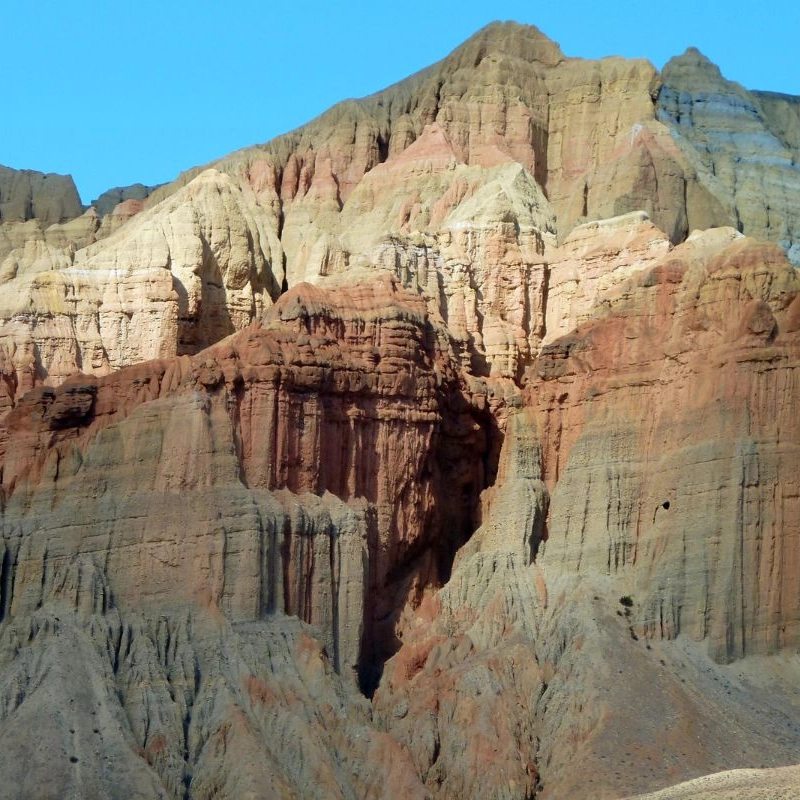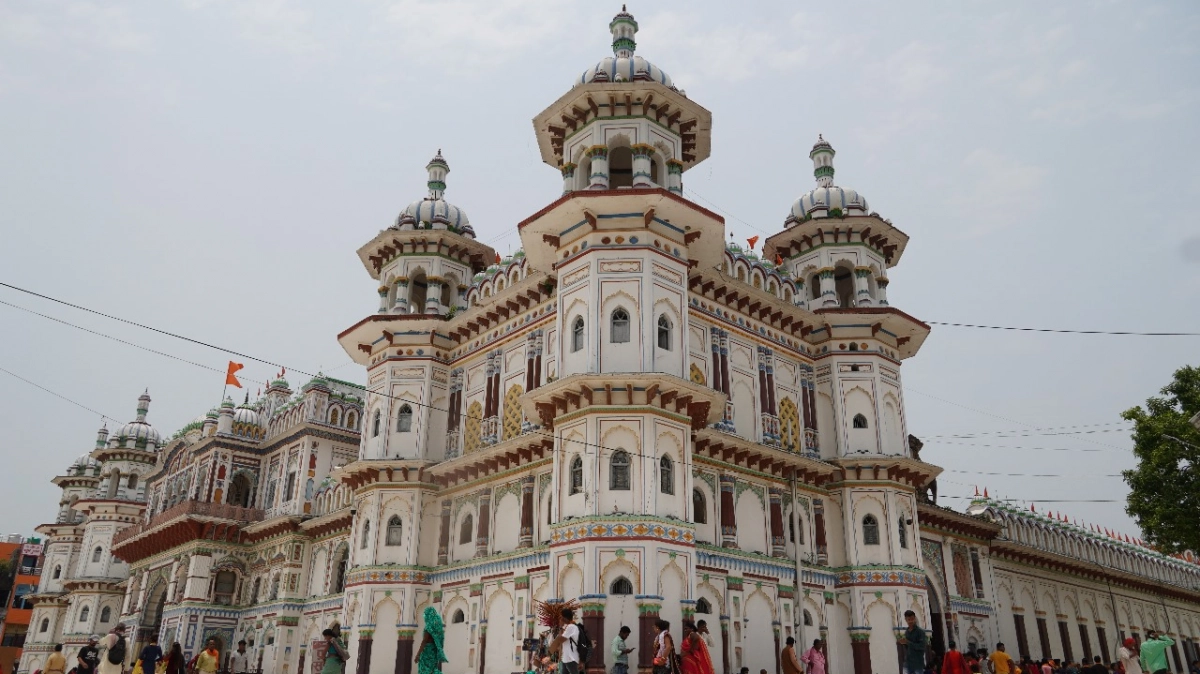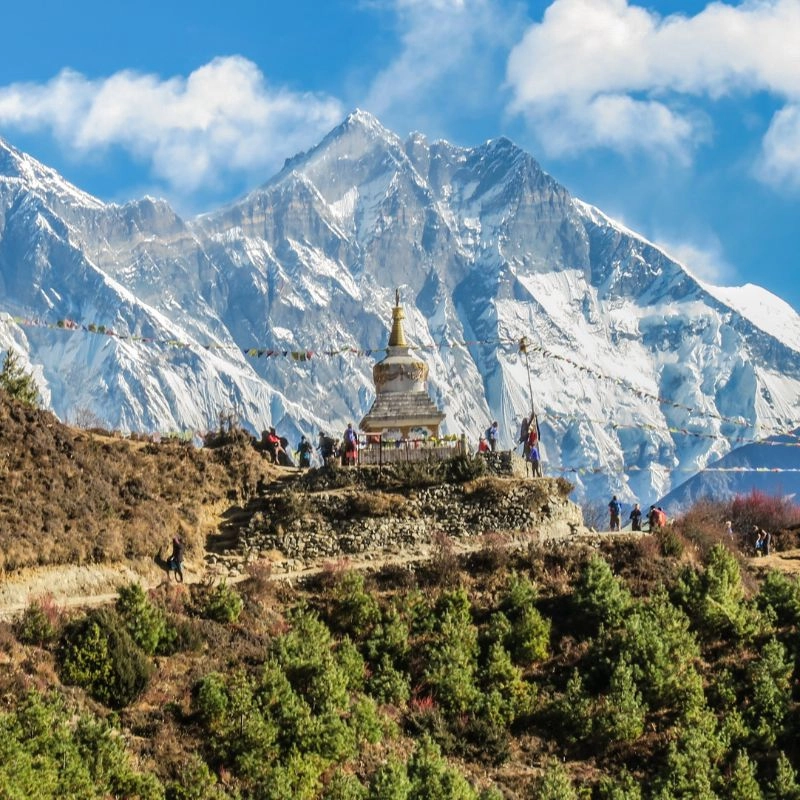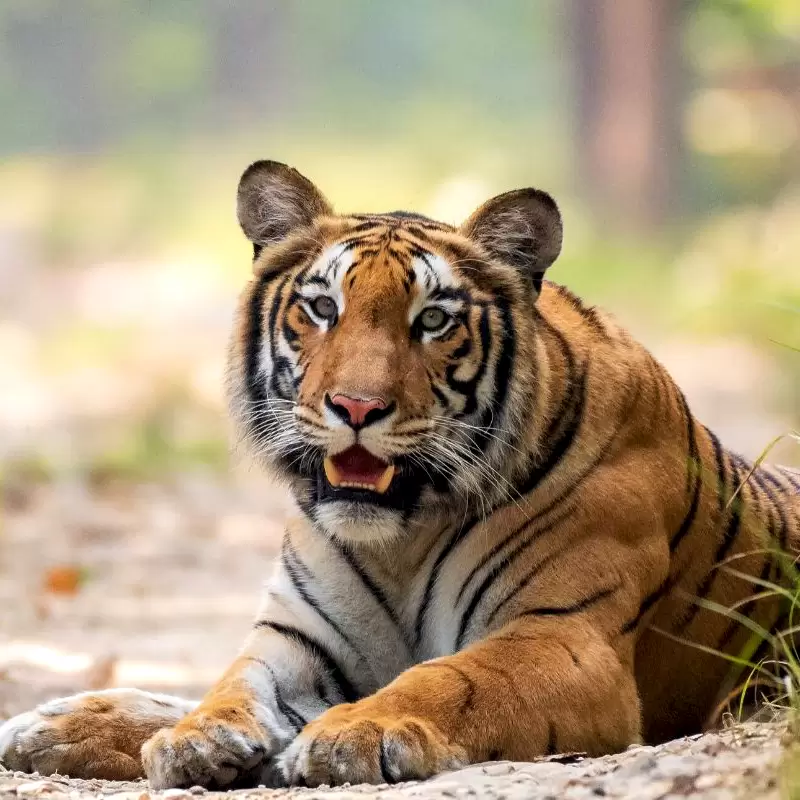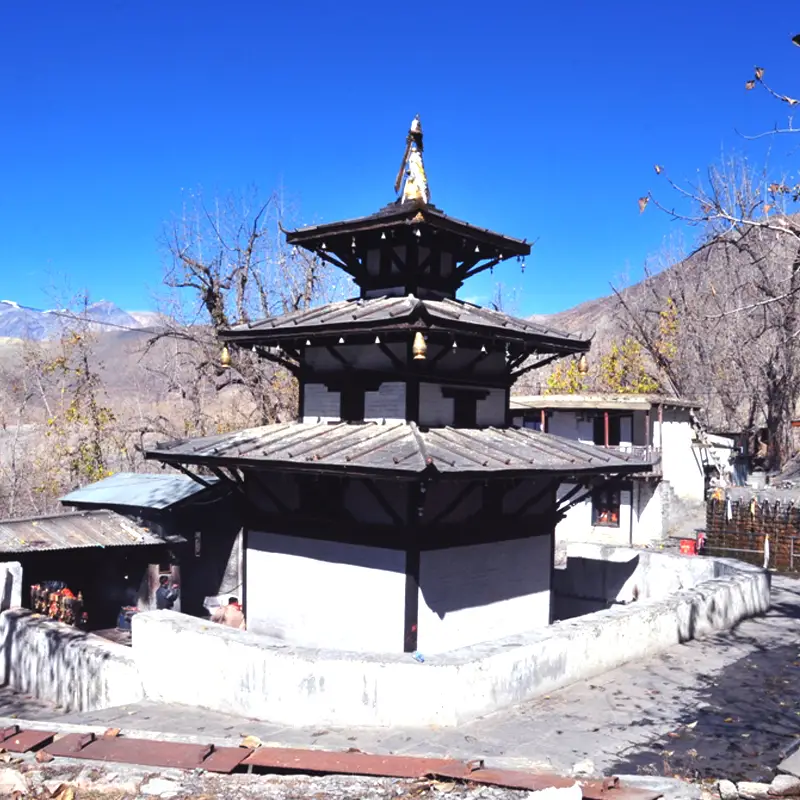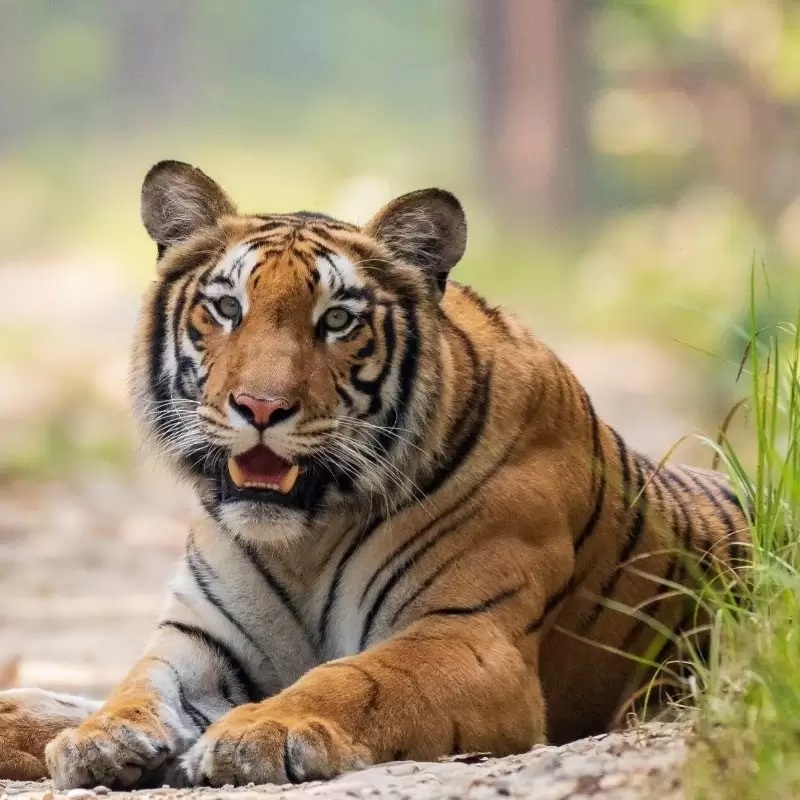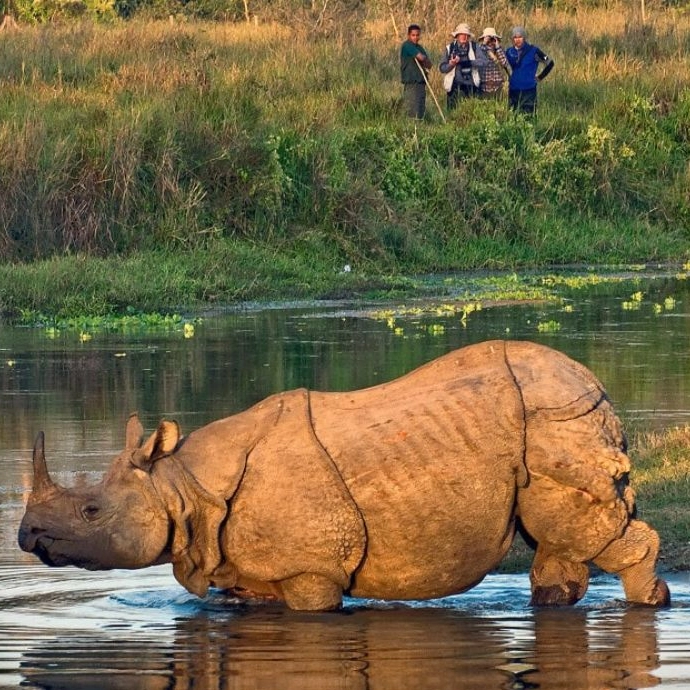- LogIn
- faqs
- contact us
-
Nepal

 Nepal
Nepal
 India
India
 Afghanistan
Afghanistan
 Albania
Albania
 Algeria
Algeria
 American Samoa
American Samoa
 Andorra
Andorra
 Angola
Angola
 Anguilla
Anguilla
 Antarctica
Antarctica
 Antigua and Barbuda
Antigua and Barbuda
 Argentina
Argentina
 Armenia
Armenia
 Aruba
Aruba
 Australia
Australia
 Austria
Austria
 Azerbaijan
Azerbaijan
 Bahrain
Bahrain
 Bangladesh
Bangladesh
 Barbados
Barbados
 Belarus
Belarus
 Belgium
Belgium
 Belize
Belize
 Benin
Benin
 Bermuda
Bermuda
 Bhutan
Bhutan
 Bolivia
Bolivia
 Bosnia and Herzegovina
Bosnia and Herzegovina
 Botswana
Botswana
 Brazil
Brazil
 Brunei
Brunei
 Bulgaria
Bulgaria
 Burkina Faso
Burkina Faso
 Burundi
Burundi
 Cambodia
Cambodia
 Cameroon
Cameroon
 Canada
Canada
 Cape Verde
Cape Verde
 Caribbean Netherlands
Caribbean Netherlands
 Cayman Islands
Cayman Islands
 Central African Republic
Central African Republic
 Chad
Chad
 Chile
Chile
 China
China
 Christmas Island
Christmas Island
 Cocos (Keeling) Islands
Cocos (Keeling) Islands
 Colombia
Colombia
 Comoros
Comoros
 Congo, Democratic Republic of the
Congo, Democratic Republic of the
 Congo, Republic of the
Congo, Republic of the
 Cook Islands
Cook Islands
 Costa Rica
Costa Rica
 Cote d Ivoire
Cote d Ivoire
 Croatia
Croatia
 Cuba
Cuba
 Curaçao
Curaçao
 Cyprus
Cyprus
 Czech Republic
Czech Republic
 Denmark
Denmark
 Djibouti
Djibouti
 Dominica
Dominica
 Dominican Republic
Dominican Republic
 East Timor
East Timor
 Ecuador
Ecuador
 Egypt
Egypt
 El Salvador
El Salvador
 Equatorial Guinea
Equatorial Guinea
 Eritrea
Eritrea
 Estonia
Estonia
 Ethiopia
Ethiopia
 Falkland Islands (Malvinas)
Falkland Islands (Malvinas)
 Faroe Islands
Faroe Islands
 Federated States of Micronesia
Federated States of Micronesia
 Fiji
Fiji
 Finland
Finland
 France
France
 French Guiana
French Guiana
 French Polynesia
French Polynesia
 Gabon
Gabon
 Georgia
Georgia
 Germany
Germany
 Ghana
Ghana
 Gibraltar
Gibraltar
 Greece
Greece
 Greenland
Greenland
 Grenada
Grenada
 Guadeloupe
Guadeloupe
 Guam
Guam
 Guatemala
Guatemala
 Guernsey
Guernsey
 Guinea
Guinea
 Guinea-Bissau
Guinea-Bissau
 Guyana
Guyana
 Haiti
Haiti
 Honduras
Honduras
 Hong Kong
Hong Kong
 Hungary
Hungary
 Iceland
Iceland
 Indonesia
Indonesia
 Iran
Iran
 Iraq
Iraq
 Ireland
Ireland
 Isle of Man
Isle of Man
 Israel
Israel
 Italy
Italy
 Jamaica
Jamaica
 Japan
Japan
 Jersey
Jersey
 Jordan
Jordan
 Kazakhstan
Kazakhstan
 Kenya
Kenya
 Kiribati
Kiribati
 Korea, North
Korea, North
 Korea, South
Korea, South
 Kuwait
Kuwait
 Kyrgyz Republic
Kyrgyz Republic
 Kyrgyzstan
Kyrgyzstan
 Laos
Laos
 Latvia
Latvia
 Lebanon
Lebanon
 Lesotho
Lesotho
 Liberia
Liberia
 Libya
Libya
 Liechtenstein
Liechtenstein
 Lithuania
Lithuania
 Luxembourg
Luxembourg
 Macao
Macao
 Macedonia
Macedonia
 Madagascar
Madagascar
 Malawi
Malawi
 Malaysia
Malaysia
 Maldives
Maldives
 Mali
Mali
 Malta
Malta
 Marshall Islands
Marshall Islands
 Martinique
Martinique
 Mauritania
Mauritania
 Mauritius
Mauritius
 Mayotte
Mayotte
 Mexico
Mexico
Moldova
 Monaco
Monaco
 Mongolia
Mongolia
 Montenegro
Montenegro
 Montserrat
Montserrat
 Morocco
Morocco
 Mozambique
Mozambique
 Myanmar (Burma)
Myanmar (Burma)
 Namibia
Namibia
 Nauru
Nauru
 Netherlands
Netherlands
 New Caledonia
New Caledonia
 New Zealand
New Zealand
 Nicaragua
Nicaragua
 Niger
Niger
 Niue
Niue
 Norfolk Island
Norfolk Island
 Northern Mariana Islands
Northern Mariana Islands
 Norway
Norway
 Oman
Oman
 Pakistan
Pakistan
 Palau
Palau
 Palestine
Palestine
 Panama
Panama
 Papua New Guinea
Papua New Guinea
 Paraguay
Paraguay
 Peru
Peru
 Philippines
Philippines
 Poland
Poland
 Portugal
Portugal
 Puerto Rico
Puerto Rico
 Qatar
Qatar
 Reunion
Reunion
 Romania
Romania
 Russia
Russia
 Rwanda
Rwanda
 Saint Barthélemy
Saint Barthélemy
 Saint Kitts and Nevis
Saint Kitts and Nevis
 Saint Lucia
Saint Lucia
 Saint Martin
Saint Martin
 Saint Vincent and the Grenadines
Saint Vincent and the Grenadines
 Samoa
Samoa
 San Marino
San Marino
 Sao Tome and Principe
Sao Tome and Principe
 Saudi Arabia
Saudi Arabia
 Senegal
Senegal
 Serbia and Montenegro
Serbia and Montenegro
 Seychelles
Seychelles
 Sierra Leone
Sierra Leone
 Singapore
Singapore
 Sint Maarten
Sint Maarten
 Slovakia
Slovakia
 Slovenia
Slovenia
 Solomon Islands
Solomon Islands
 Somalia
Somalia
 South Africa
South Africa
 South Sudan
South Sudan
 Spain
Spain
 Sri Lanka
Sri Lanka
 St. Helena
St. Helena
 St. Pierre And Miquelon
St. Pierre And Miquelon
 Sudan
Sudan
 Suriname
Suriname
 Swaziland
Swaziland
 Sweden
Sweden
 Switzerland
Switzerland
 Syria
Syria
 Taiwan
Taiwan
 Tajikistan
Tajikistan
 Tanzania
Tanzania
 Thailand
Thailand
 The Bahamas
The Bahamas
 The Gambia
The Gambia
 Togo
Togo
 Tonga
Tonga
 Trinidad and Tobago
Trinidad and Tobago
 Tunisia
Tunisia
 Turkey
Turkey
 Turkmenistan
Turkmenistan
 Turks and Caicos Islands
Turks and Caicos Islands
 Tuvalu
Tuvalu
 Uganda
Uganda
 Ukraine
Ukraine
 United Arab Emirates
United Arab Emirates
 United Kingdom
United Kingdom
 United States
United States
 Uruguay
Uruguay
 US Minor Outlying Islands
US Minor Outlying Islands
 Uzbekistan
Uzbekistan
 Vanuatu
Vanuatu
 Vatican City (Holy See)
Vatican City (Holy See)
 Venezuela
Venezuela
 Vietnam
Vietnam
 Virgin Islands (British)
Virgin Islands (British)
 Virgin Islands(U.S.)
Virgin Islands(U.S.)
 Wallis and Futuna Islands
Wallis and Futuna Islands
 Western Sahara
Western Sahara
 Yemen
Yemen
 Yugoslavia
Yugoslavia
 Zaire
Zaire
 Zambia
Zambia
 Zimbabwe
Zimbabwe
